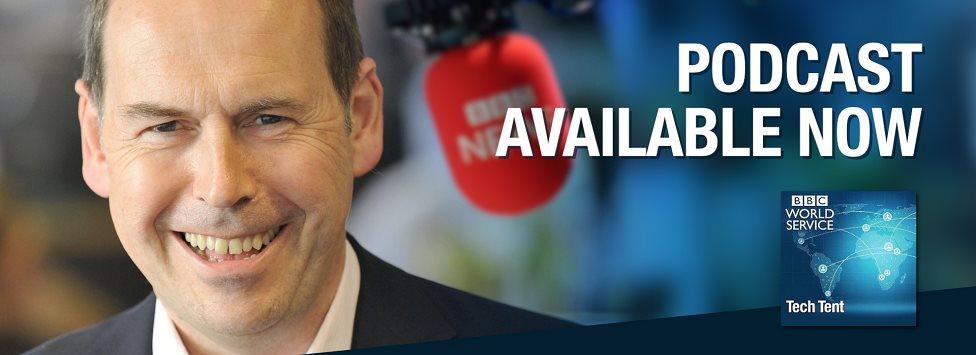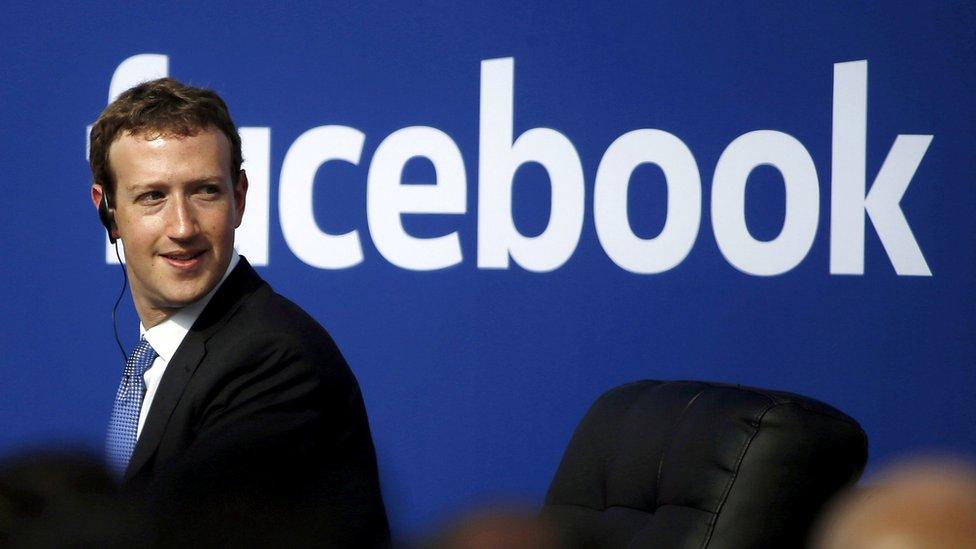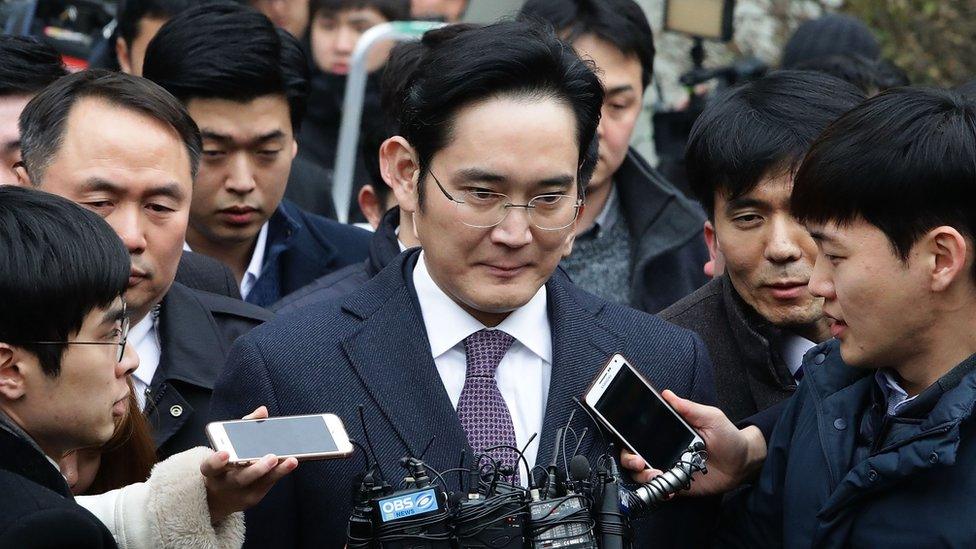Tech Tent: Minecraft and a botnet battle
- Published

Stream the latest Tech Tent episode on the BBC website
Download, external the latest episode as a podcast
Listen to previous episodes on the BBC website
Listen live every Friday at 14.00 GMT on the BBC World Service

The top story on my podcast this week is about the cyberwarfare raging beneath the surface of a game whose main audience is children.
We also look at Europe's battle with fake news, and hear how the South Korean electronics giant Samsung has been tainted by a government corruption scandal.
Minecraft and a botnet battle
The Mirai botnet hijacked thousands of connected devices to launch huge denial of service attacks (DDoS) against major websites last year - and in the process sparked a major panic about the security of the Internet of Things.
Now one of the victims of those attacks, the security researcher Brian Krebs, has published a major investigation into the origins of Mirai and the people behind it. This has taken him many months and is a brilliant piece of investigative journalism.
The most extraordinary aspect of his story is that it was a battle over the popular educational game Minecraft that led to the hugely disruptive DDoS attacks.

Running Minecraft servers can be lucrative
It turns out that such attacks are used against very lucrative Minecraft servers and the companies that offer them security protection. One of those on the receiving end was Robert Coelho, whose firm ProxyPipe helps clients deal with DDoS attacks.
He tells us: "We can't have servers down for more than 10 seconds at a time." When that happens, players go elsewhere and the server firms look for other security providers.
"There's a lot of bad actors in Minecraft," Coelho explains, "because a lot of servers are run by people who are underage and there's a lot of money involved so attacks are very frequent."
Indeed, another striking thing about Brian Krebs' article is the youth of many of those involved in these online battles.
It seems some of the biggest and most damaging attacks the world has seen have been launched by people still in their teens. I suspect that they may see this all as just a game - but with the FBI on the case they may find there are serious consequences.
Europe bites back at fake news
We've covered the issue of fake news on social media as it related to the US elections, but with Germany and France voting this year, it has moved up the agenda in Europe.
This week Facebook unveiled plans to help battle fake stories in Germany. Articles flagged by readers as dubious will be looked at by a small independent investigative journalism and fact-checking organisation called Correctiv.

Facebook is trying to tackle fake news in Germany
"We see that populists all over Germany are using fake news to change the mood of the people," David Schraven from Correctiv tells me. He admits that his organisation faces a huge task but says it's vital for democracy: "It's very important to make a good decision in an election, to know as much as possible about the truth in society."
The European Commission's vice president Andrus Ansip, who's in charge of the Digital Single Market, admits there's a problem. But he says it's up to the social media platforms, not governments, to address it. "Fake news is bad but Ministry of Truth is worse", he told our reporter Joe Miller in Davos at the World Economic Forum.
He thinks that if people no longer trust what they read on platforms such as Facebook or Twitter they will migrate elsewhere, so the problem will be self-correcting. That could be an optimistic view of the value social media users place on accurate news.
Samsung's woes
The mobile phone giant Samsung has had a torrid time over the last few months. First it had to withdraw its Galaxy Note 7 phone after some of them caught fire. (We will hear more about that when it unveils the results of its investigation into the problem on Monday).
Now it has been caught up in the corruption scandal involving the South Korean President Park Geun Hye.
Five Samsung executives, including the boss JY Lee, have been questioned about allegations that bribes were paid to secure support for a merger.

Samsung Vice Chairman JY Lee has been questioned
Despite these crises, the company seems to sail on - with the Korean public not greatly disturbed about its conduct. Our man in Seoul, Steve Evans, is on the programme to tell us just how central Samsung is to the economy of South Korea. Its revenues amount to 17% of the country's GDP, and as well as mobile phones this vast industrial conglomerate is involved in everything from hospitals to funerals. Koreans really do encounter Samsung from the cradle to the grave.